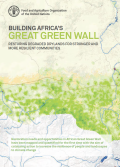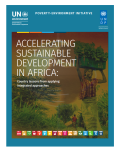
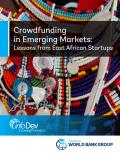
Crowdfunding is the practice of raising monetary contributions from a large number of people, typically online, to fund a project or venture. In the past 10 years, crowdfunding has evolved into a $16 billion market, largely concentrated in North America and Europe. In developing countries, the crowdfunding market is expected to reach $327 million this year—about 2 percent of the global total. Despite this slow adoption, crowdfunding has been heralded as an opportunity to expand access to capital for entrepreneurs.
To better understand the challenges of crowdfunding in emerging markets, the World Bank Group conducted interviews with a number of East African technology entrepreneurs who ran crowdfunding campaigns, both successful and unsuccessful. From the interviews emerged six lessons about when, why, and how to launch crowdfunding campaigns.
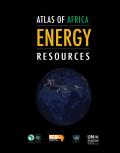
Low energy supply, complete with shortages, high costs and poor access, remains major impediments to Africa’s social and economic progress. The African Union’s Agenda 2063 commits to fast-tracking modern, efficient, reliable and cost effective renewable energy for all households, businesses, industries and institutions. To support this, in 2016, the African Development Bank approved its New Deal on Energy for Africa, which aspires to achieving universal access to energy by 2025, using the latest off-grid and technology solutions. This atlas illustrates the incredible transformation ahead.
Universal access requires large financial investments. By some estimates, Africa needs $43-55 billion per year until 2030-2040, compared to current energy investments of about $8-9.2 billion. To achieve closing that gap, an improved understanding of energy availability, distribution and limitations is one of many crucial needs. In response, the African Development Bank, Sustainable Energy Fund for Africa and the Infrastructure Consortium for Africa, worked with UN Environment and produced this Atlas of Africa Energy Resources.
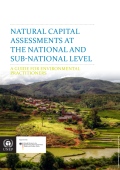
Overreliance on investment in the so-called ‘brown economy’ between the late 20th and early 21st centuries led to a state of financial imbalance and was a contributing factor in the global financial crises of 2008. An alternative economic paradigm, centred on a ‘greening’ of the economy, provides greater focus on investment in renewable energy, energy efficiency, public transportation, sustainable agriculture, ecosystem and biodiversity protection, and land and water conservation. These ‘green economies’ are also likely to be more resilient and socially inclusive, particularly in the face of environmental pressures, such as climate change.
